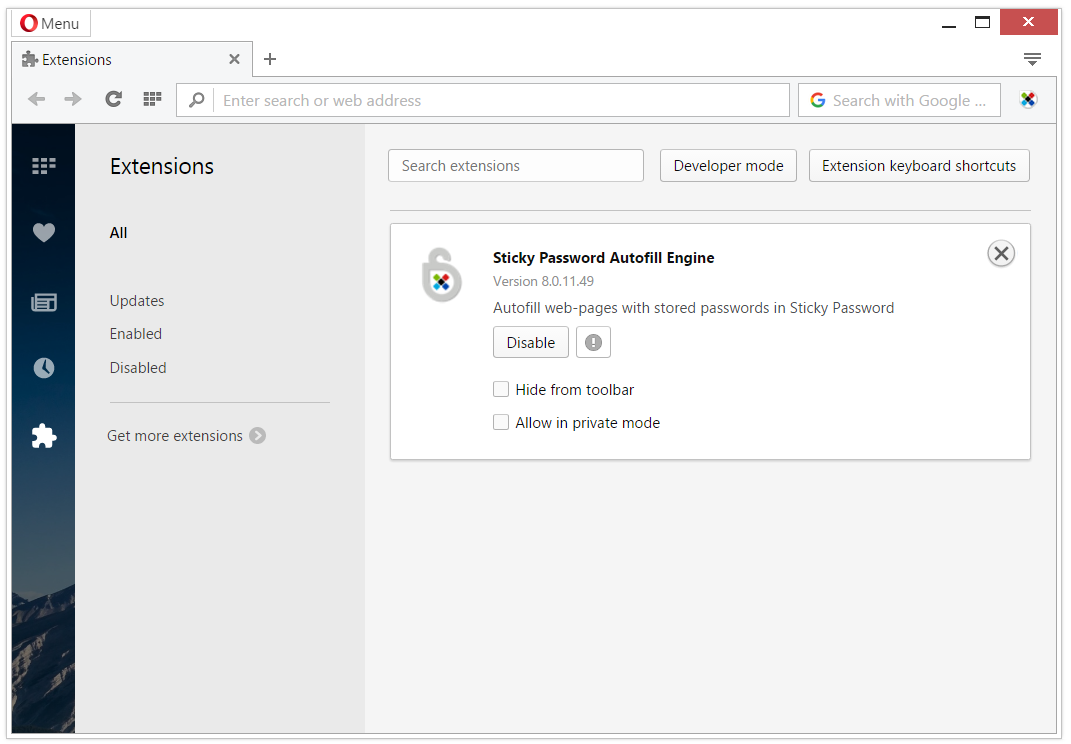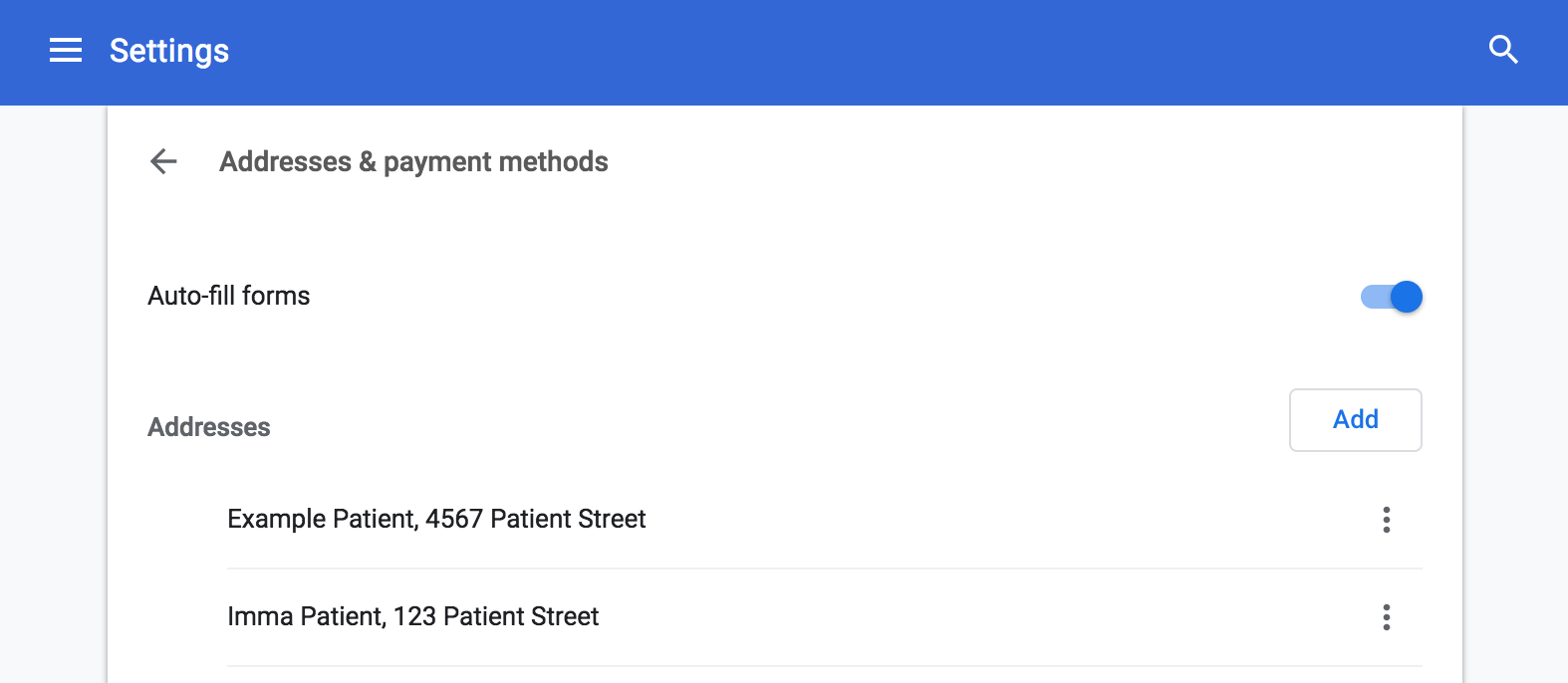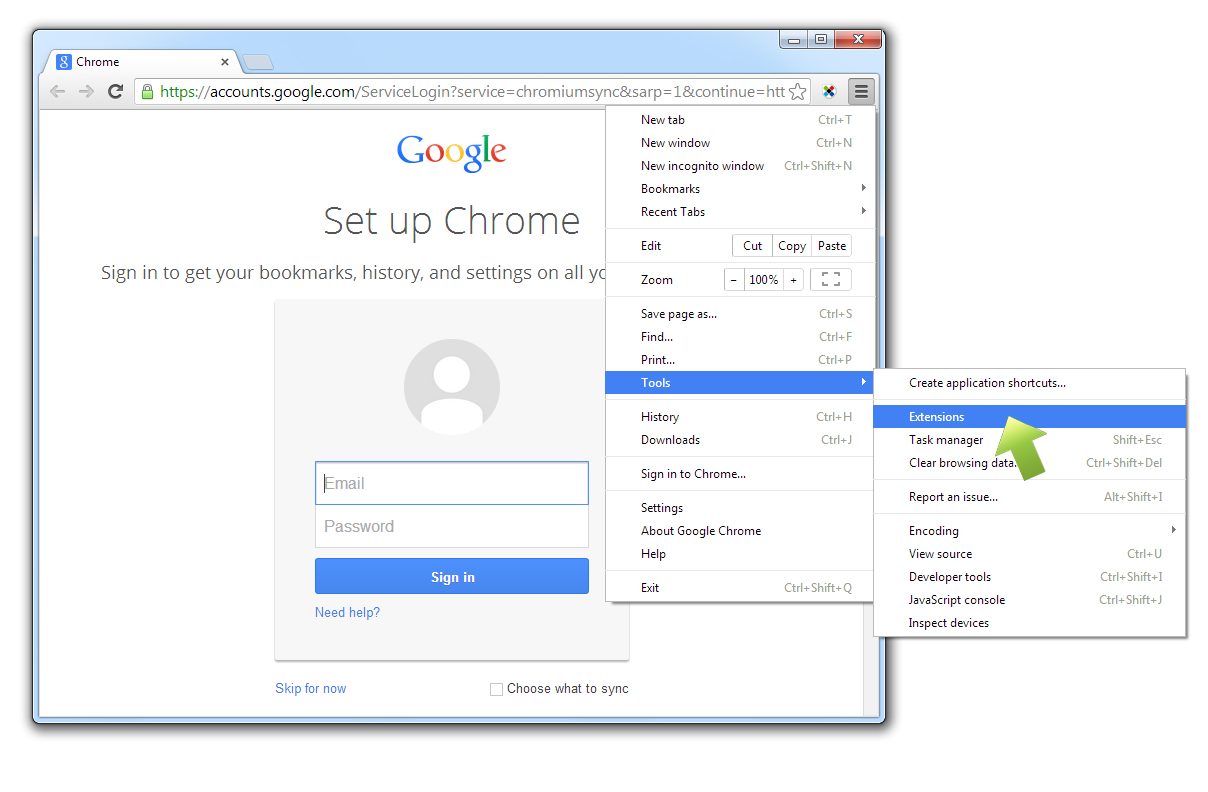

When you click on the link, the destination webpage takes the end of the URL, decompresses the deflate, and serves a deactivate button to deactivate the email alias. The password itself is formatted in json, compressed with deflate, and simply tacked on to the end of the link's URL.
#STICKY PASSWORD AUTOFILL ENGINE CHROME VERIFICATION#
You'd think there would be some login verification to prevent just anyone from using that link, but no, anyone that has this link, can now deactivate your email alias. That link is used to look at the details of that email alias and gives you the option to deactivate it. You've now given that person control over your email alias.Įvery email from an email alias includes a link. Imagine you want to forward an email sent to you through an alias, to someone else. Sticky Password Autofill Engine Chrome extension missing Sticky Password Autofill Engine Chrome extension missing Extensions. Find the Sticky Password Autofill Engine and make sure the Enable box is checked.

All your installed extensions will be listed here. Internet Explorer: Plugin is managed only via the Sticky Password settings menu as shown above. I did a little digging into the source and discovered that every email sent by your email alias to your main email, includes a password capable of deactivating that email alias. Autofill plugins can also be managed directly in your browser. This was quite a large misstep for DDG, and has burned a lot of trust. Lastly, to repeat, Privacy + Censorship (of any kind) do not go together. If users wanted curated search results, they might as well use Google or Bing. We need this information freely available so it can be discussed and disproven out in the open. Hiding away things we don't like doesn't make them go away, it just makes them go underground. However, as I previously wrote, the truth needs no defense. Just to be clear, I too support Ukraine, and am aghast at the deliberately misleading information ("disinformation") coming out of the Russian War Machine. It merely asserts DDG is not purging results - these are two very different things. Your clarification thread does not state DDG is not down-ranking these sites based on what DDG feels is "disinformation".

This is censorship, since DDG is now deciding what is considered "Disinformation". Your first tweet said, and I quote, "At DuckDuckGo, we've been rolling out search updates that down-rank sites associated with Russian disinformation." I'm sorry, but this does not seem to counter your initial tweet at all.


 0 kommentar(er)
0 kommentar(er)
